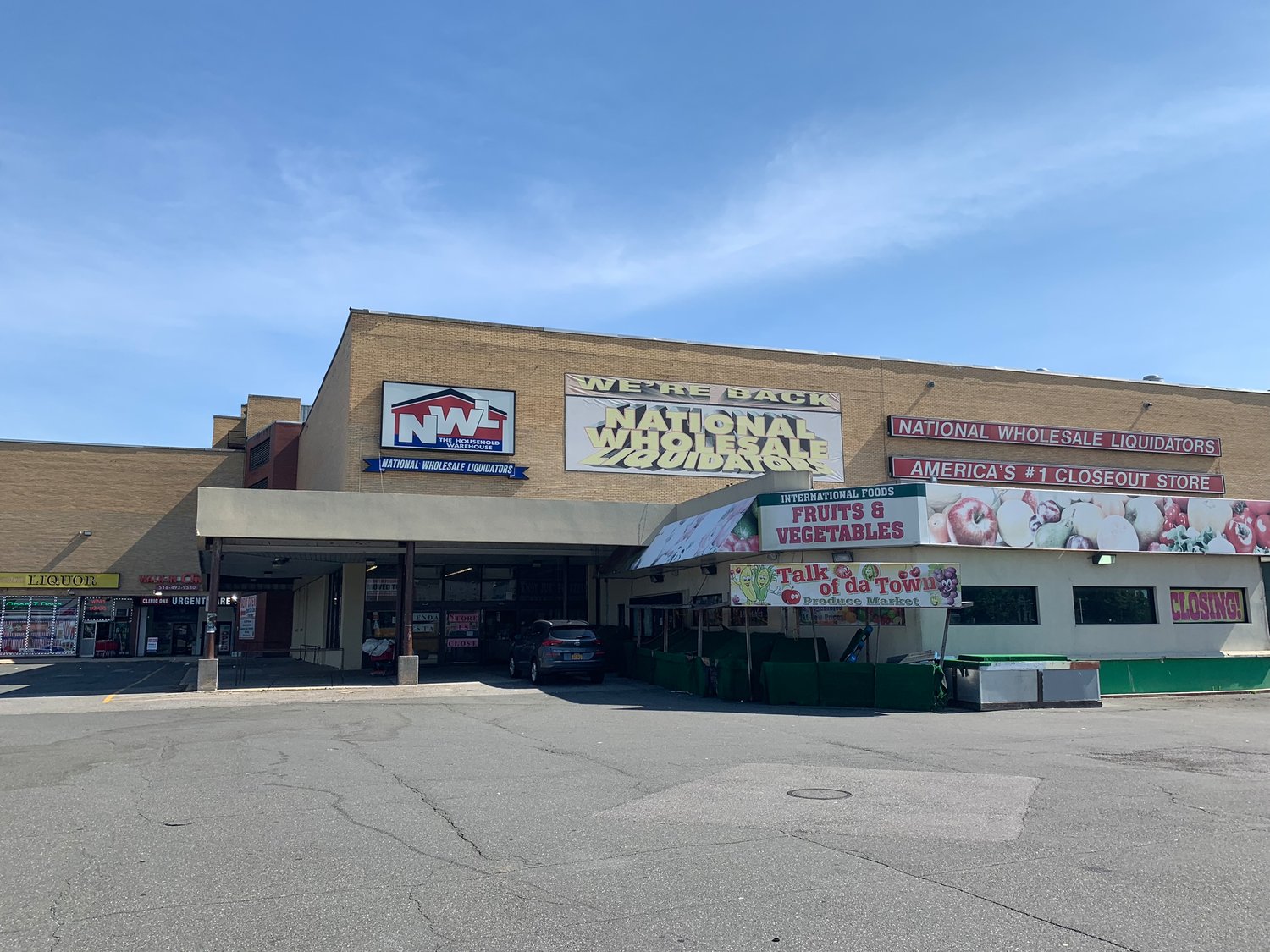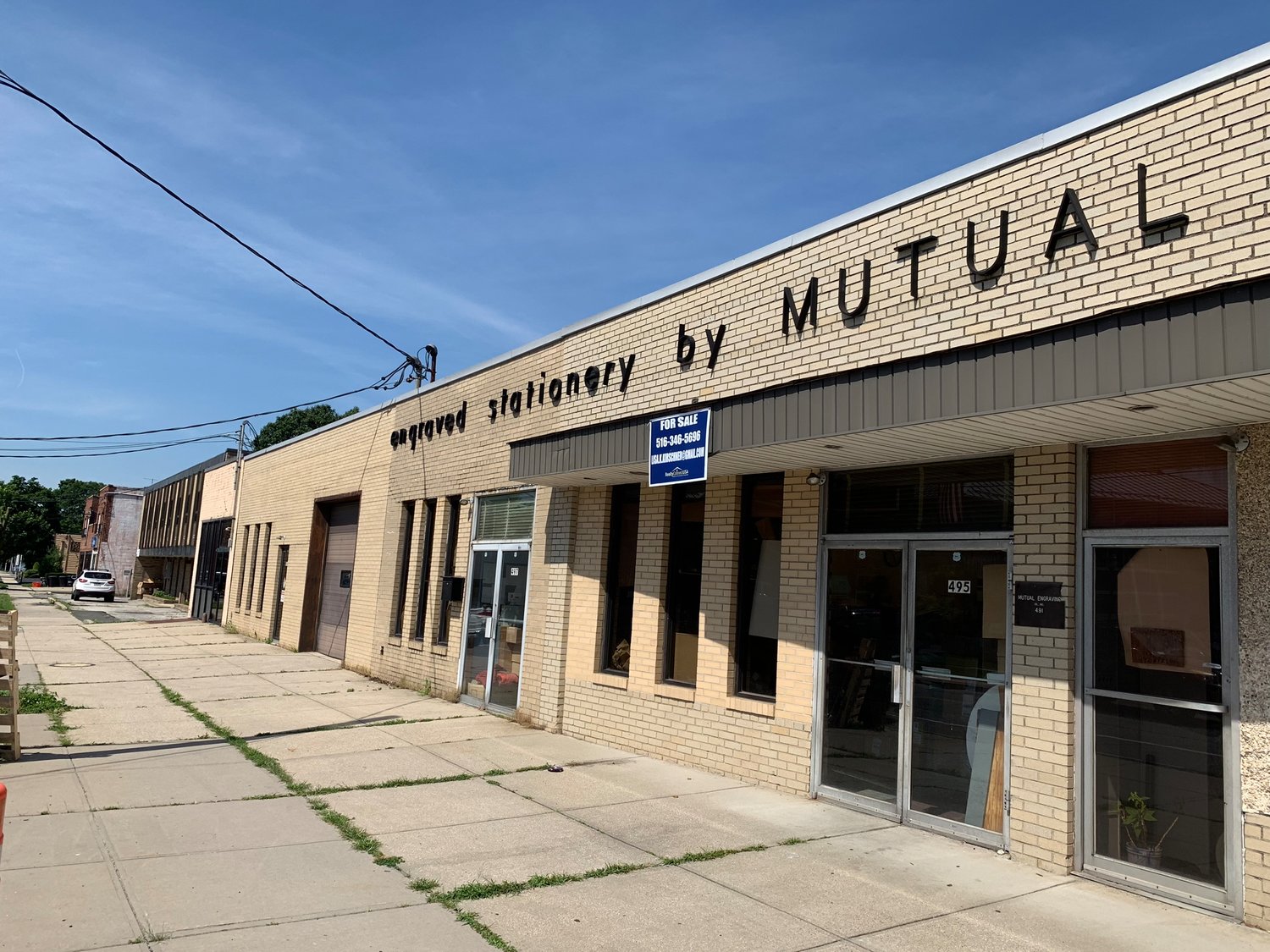West Hempstead civics discuss ways to develop small businesses
Filling empty storefronts and building interest in community development were the main topics of discussion at the West Hempstead Community Support Association’s public forum on June 20 at West Hempstead High School.
The group, which featured a panel of community and school district leaders, focused on small businesses that have suffered from a lack of local support. Marshall Myers, president of the Chamber of Commerce, noted that there are many empty storefronts on Hempstead Turnpike and Hempstead Avenue, while larger companies, such as Starbucks, have heavy customer traffic. For local businesses to survive, he said, they must engage the community.
“That tells me that there is money to be spent here in the community,” Myers said. “As I drive down Hempstead Turnpike on a regular basis, it’s a very scary feeling. We have to figure out how to bring these businesses here.”
Myers said that one solution is to increase residential development. Nick Halstead, senior vice president of development at Mill Creek Residential Trust, spoke about the company’s current project on Woodfield Road, near the Western Beef Supermarket. Mill Creek plans to build a four-story apartment complex with roughly 150 units, similar to the West 130 project it completed in 2013.
The proposed project is currently in the approval process with the Town of Hempstead, but Halstead said that construction is expected to begin by the end of 2020 or the start of 2021. “We’re designing it in such a way that’s consistent with zoning codes already approved by the Town of Hempstead,” Halstead said at the forum. “We’re not looking to reinvent or challenge the convention.”
“If you have residential development, commercial development will follow,” Myers said. “If we want to be able to survive here, as homeowners, we [need] to have a commercial base. Otherwise, the tax burden for our schools will fall solely on us, as homeowners, if we don’t have commercial development in this community.”
Other properties, such as the site of National Wholesale Liquidators, on Hempstead Turnpike — which laid off 140 workers last year, after it underwent a liquidation process — were discussed as possible locations for residential development, but many said that, in the case of Wholesale Liquidators, the asking price of $22 million was too steep.
“I’m a residential real estate broker,” Myers said, “but $22 million . . . that ain’t happening.”
Aisha Crumpton, vice president of the civic association, said that residents need to support groups like the WHCSA and the Chamber of Commerce to improve local conditions. “There’s a lot for us, as residents, to think about, but I think Marshall is right,” Crumpton said of Myers. “We need to come together and put forth an effort so that we can promote some of the changes we want to see in the community.”









